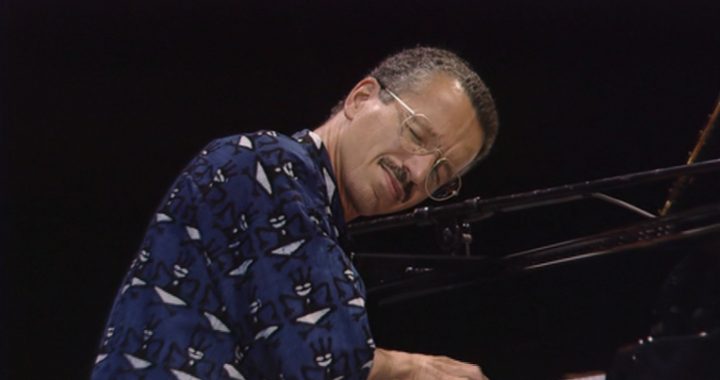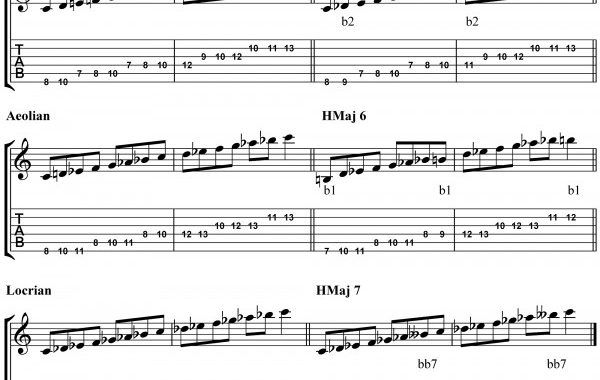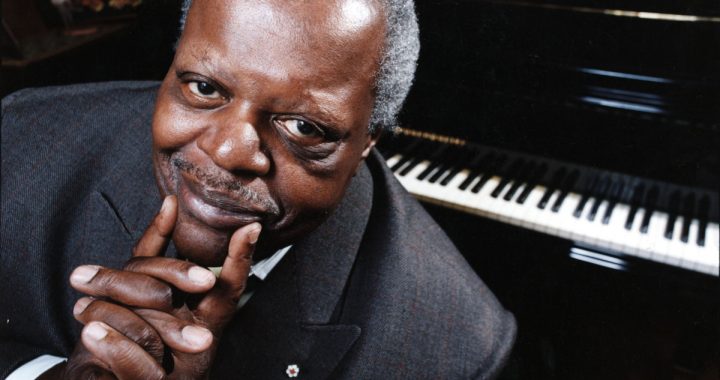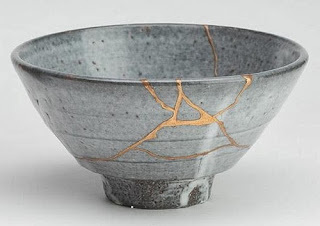This is part 2 of a series of articles about jazz improvisation. It focuses on scales and repetitive exercises, which is a helpful habit to develop as part of a regular practice routine. I often start my piano practice with these because it loosens up my hands and gets me familiar with the keyboard very fast, before moving onto my main practice session. Of course everyone approaches practice sessions differently, so it’s by no means the only method.
Scales:
All tonal music is based on scales of one kind or another. These are the building blocks of a high percentage of all western music and knowing them inside out is a major step in gaining freedom on any instrument. As well as the more usual major & minor scales studied for the more traditional exams, jazz adopts Greek modal scales (which I won’t go into here), other scales from around the world like the pentatonic and blues scales and many more besides.
I also create exercises based on sections from famous solos I’ve studied, which are often a combination of scales and arpeggios. These open up my practice sessions and give them an authentic ‘jazzy’ feeling, whilst boosting my dexterity and helping to develop my own style. I might post some of these up in the future.
One of the ultimate aims with practicing scales and arpeggios is knowing them so well that they become subconscious – you no longer have to think about them. For jazz this is especially true, as the basis of a great deal of improvisation is scales and arpeggios.
Physical Preparation:
One writer on the subject invites us to start by simply placing our hands on the piano and spending 5 minutes just relaxing, hands not necessarily on any notes, but resting on the keyboard purely to get comfortable at the instrument. I rather like this idea, though often don’t follow the suggestion if I’m in a rush!
It’s a good idea to use a metronome or drum loop to practice with. This helps to identify difficult areas (when you pause, suddenly you’re out of time) and gauges how well you’re doing with a particular exercise. Fast speeds are not essential, but a regular and accurate pulse helps enormously to develop a good sense of timing – an essential element of good jazz playing.
Additionally, I like to go one step further and tape all my practice sessions, because hearing myself back gives me a much more accurate idea of how well I’m doing and how much more work is needed. I often use a midi piano (weighted keyboard) which makes this easier by recording into Logic, although I also have microphones and a headphone set permanently placed in my acoustic piano booth.
Practice Sessions:
I often start with scales & arpeggios (to get the dry stuff over with first), spending longer on problem passages or difficult fingering. A popular method of varying these is to play them in semibreves (whole), minims (half), crotchets (quarter), quavers (eighth) and semiquavers (sixteenth notes). Often if I’m working with a brisk metronome and can’t quite make the jump from quavers to semi’s, I’ll do triplet quavers, which is half-way in between. If you REALLY want to challenge yourself you can try duple against triple notes, which is great for independence and can be good fun!
Once a player has worked through the basic introductory scales and exercises, they should ideally be performed in 4 octaves minimum, in every key. Feel free to invent variations and/or more complex or ‘jazzy’ versions as you get more used to it. This will help to keep you challenged, interested and will help to push your boundaries in the same way that increasing weights helps with gym work-outs.
Speaking of workouts, I find it very important to be aware of my breathing when practicing – in fact, it feels natural to me to ALWAYS be aware of this, even during performances. With scales I’ll regulate it by timing it with the notes, for example breathe in for one octave, out for the next, or as you get faster, breathe in for going up the scale & out for coming down.
Now we’re ready to play some real music! Watch out for the next part….






